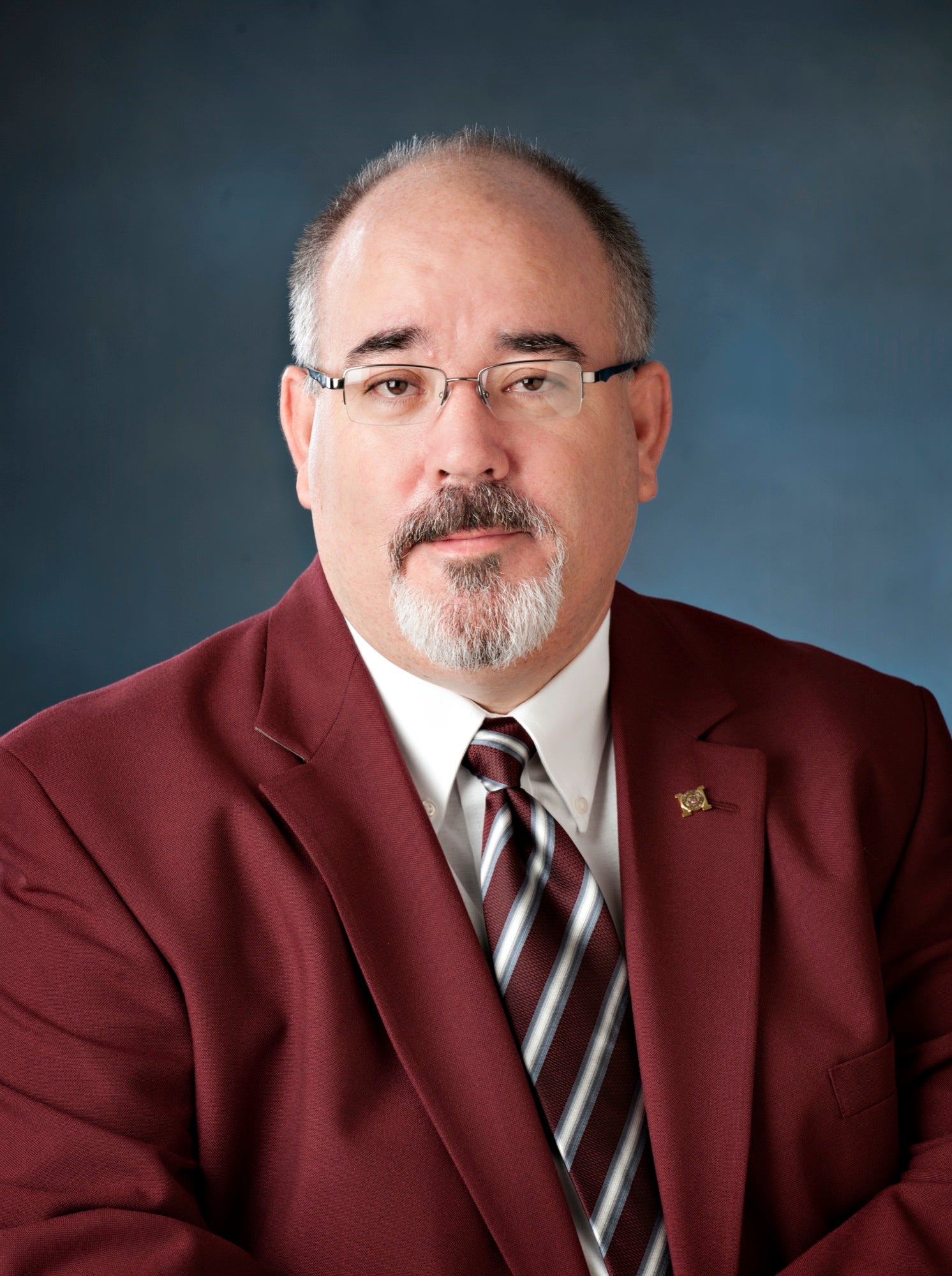Hurricane Matthew may impact presidential election’s outcome?
Published 11:15 am Monday, October 10, 2016

- Sid Salter
Fox News broadcaster Shepard Smith drew the ire of some TV viewers for a plainspoken warning to those who refused to evacuate prior to Hurricane Matthew making landfall when he said: “This storm will kill you … it will kill your children, and it will kill your pets.”
The clincher, for some critics, came when Smith said to those who chose to remain in their homes: “We (the media) will not cover your funerals and we will not feel sorry for you.” Tough words, yes, but any of us who have either covered strong hurricanes in the media or served as first responders know that Smith was trying to scare people straight about a monstrous storm.
The obligatory “weathercaster walking against the wind and blowing rain” TV scenes do get a little tiresome and some in television over-dramatize weather threats, but Smith was probably on solid ground despite the blunt force and seeming insensitivity of his words.
What about the impact of this storm on the coming presidential election? Yes, the election is just under a month away, but we’re talking about a storm that is doing life-changing damage in the lives of millions of American along the Atlantic seaboard.
Homes damaged and destroyed. Massive power outages. Flooding and lingering flood and mold damage. Jobs interrupted or permanently lost – along with the payrolls that go with them. Schools get closed. Anyone who lived through Hurricanes Camille and Katrina know how long the road to recovery and normalcy can be and how hard that road really is. Those folks also know how these storm reorder priorities.
It’s hard to remember to worry about the difference between Hillary Clinton and Donald Trump when you’re living in a shelter or are without a job or electricity or clean water. And remember, Ground Zero for Hurricane Matthew are key battleground states like Florida and North Carolina.
Does weather and long-term damage from weather change election outcomes? Research by scholars Brad T. Gomez (University of Georgia), Thomas G. Hansford (University of California, Merced), and George A. Krause (University of Pittsburgh) examined weather forecasts from the National Climatic Data Center in order to measure the effect of the weather on elections in each county of a state. The trio of researchers made 43,340 observations over the course of 14 presidential elections involving 3,115 counties.
The results of their research was that bad weather on Election Day indeed negatively impacts voter turnout – and that bad weather impacts voters inclined to support Democrats more than it does those inclined to support Republicans.
A conclusion of that study was: “In addition to its direct effect on voter turnout, we have shown that bad weather may affect electoral outcomes by significantly decreasing Democratic presidential vote share, to the benefit of Republicans.” One county used to bolster their findings was Tunica County, Mississippi, in the 1972 presidential election.
Gomez, Hansford, and Krause found that in Tunica County on that election day, a resounding 3.8 percent of eligible voters who otherwise would have participated failed to show up because of 4.35 inches of rain.
Already, pundits are arguing the “Matthew effect” and spinning it every possibly way. Republicans argue that because much of the high impact counties in Florida voted Democratic in 2012, the storm would benefit Trump in that state. Democrats say the attention diverted from the campaign to the storm will “freeze” the race where it was prior to the hurricane making landfall – with Clinton with a small lead in Florida.
Still others argue that early voting in Florida greatly negates the impact of the storm on the election’s outcome. Regardless, the hurricane’s impact is now part of the narrative of the stretch run in the 2016 presidential election.
Sid Salter is a syndicated columnist. Contact him sidsalter@sidsalter.com.





